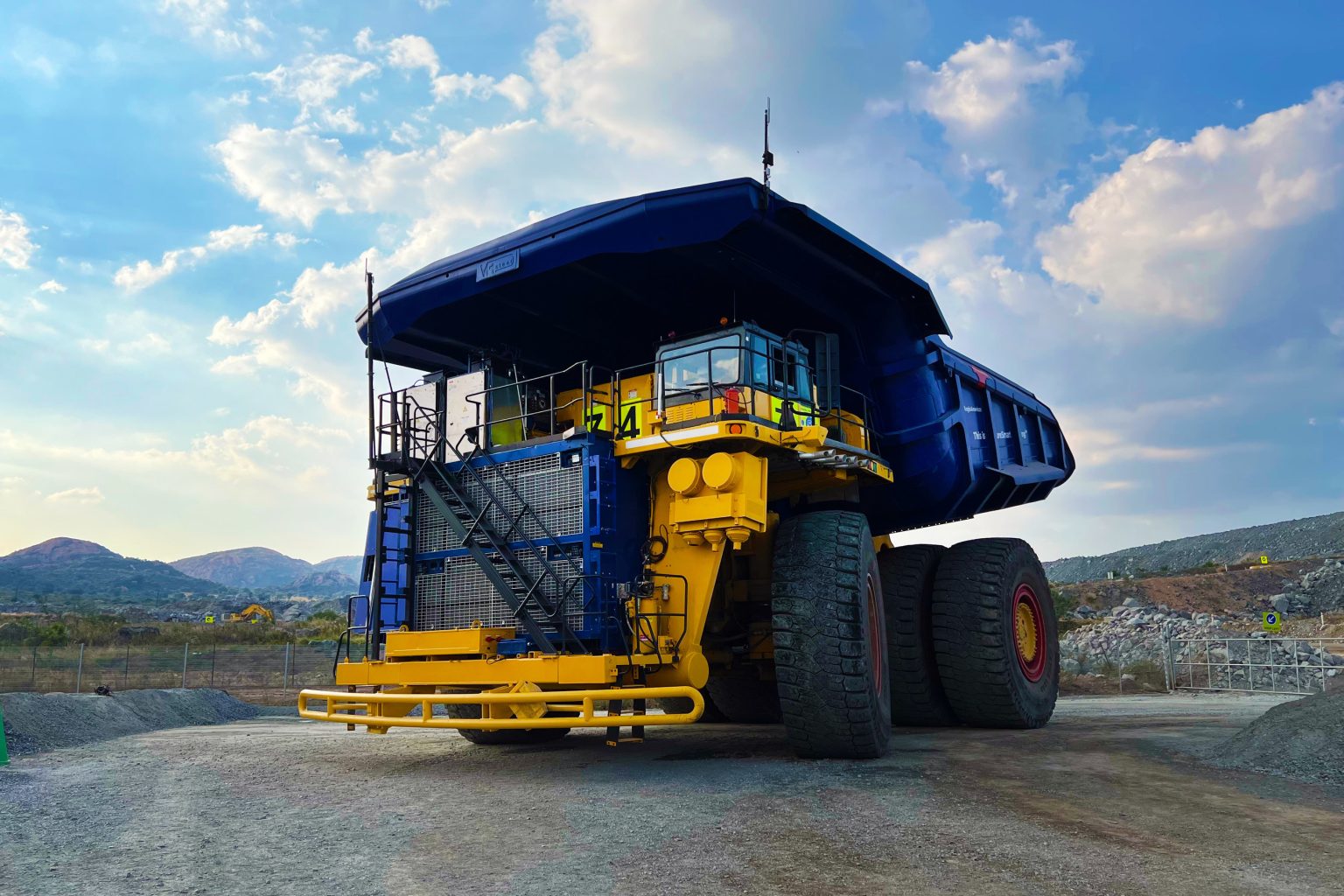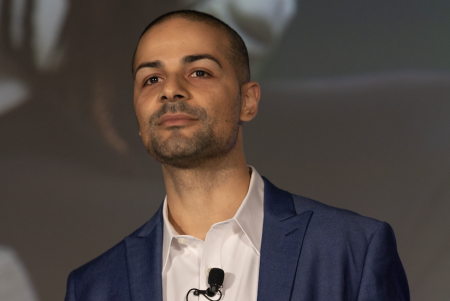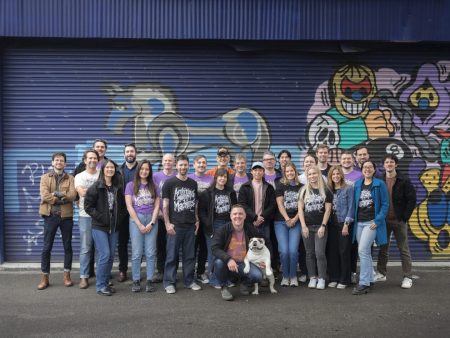First Mode, a Seattle-based clean technology company specializing in decarbonizing heavy industrial vehicles, has filed for Chapter 11 bankruptcy protection, marking a dramatic turn of events for the once-promising venture. The company, which had garnered significant attention for its innovative hydrogen-fueled powertrain technology, cited the withdrawal of funding from its majority shareholder, Anglo American, as the primary catalyst for its financial distress. This decision by Anglo American, a global mining giant, left First Mode struggling to secure alternative funding or a potential buyer, ultimately leading to the bankruptcy filing. The company’s rapid decline highlights the challenges faced by even the most innovative clean tech companies in a volatile market and underscores the critical role of sustained financial backing in bringing ambitious green technologies to fruition.
The bankruptcy filing represents a significant setback for First Mode, which had just a year prior been acquired by Anglo American in a deal valued at $1.5 billion. The acquisition, which included a $200 million investment, was heralded as a major step forward in the decarbonization of the mining industry. Anglo American had planned to leverage First Mode’s technology to convert its fleet of heavy mining trucks to zero-emission hydrogen powertrains, starting with a flagship project that produced the world’s largest zero-emission vehicle, the nuGen mining truck. This truck, powered by a two-megawatt hydrogen fuel cell powerplant developed by First Mode, showcased the potential of the technology to revolutionize the mining sector. However, the subsequent withdrawal of funding by Anglo American effectively halted this momentum, leaving First Mode scrambling to adjust its strategy and ultimately facing insolvency.
The downfall of First Mode unfolded rapidly over the past year. After the acquisition, the company announced a shift in focus from hydrogen-battery powertrains to hybrid diesel-battery systems, a move likely driven by the practical challenges and costs associated with hydrogen infrastructure. This strategic pivot was accompanied by workforce reductions, initially affecting approximately 20% of its U.S.-based employees in January, followed by further cuts in August. The company’s liabilities, reaching almost $100 million, combined with the dwindling workforce, which shrunk from 228 employees to just 66, painted a bleak picture of its financial health. The bankruptcy filing reveals a company struggling under the weight of its financial obligations, desperately seeking a path forward amidst the collapse of its primary funding source.
As part of the Chapter 11 process, First Mode has received a “stalking horse” bid from Cummins, a global power company based in Indiana. This bid sets a baseline value for the company’s assets and encourages other potential buyers to participate in the auction process. While the specifics of the bid remain undisclosed, it offers a glimmer of hope for the survival of some aspects of First Mode’s technology. The outcome of the bankruptcy proceedings will determine the fate of the company’s intellectual property and remaining assets, potentially offering a route for its innovations to continue development under new ownership. However, the ultimate fate of First Mode remains uncertain, serving as a cautionary tale about the challenges of navigating the complex landscape of clean technology development.
First Mode’s journey from a promising startup to bankruptcy highlights the inherent risks and complexities associated with the clean tech sector. Founded in 2018 by veterans of the asteroid mining venture Planetary Resources, the company initially focused on space-related projects, contributing to high-profile missions like NASA’s Perseverance rover and the Psyche asteroid mission. This early focus on cutting-edge space technology provided a foundation for their later pivot towards heavy industry decarbonization. The partnership with Anglo American initially appeared to be a perfect synergy, aligning the miner’s need for sustainable solutions with First Mode’s technological expertise. However, the sudden shift in Anglo American’s financial strategy, likely influenced by their own cost-cutting initiatives, exposed the vulnerability of relying on a single major investor, particularly in a capital-intensive industry.
The bankruptcy of First Mode serves as a stark reminder of the challenges faced by companies striving to develop and deploy clean technologies. Despite the growing global imperative to decarbonize heavy industries, the path to commercialization is fraught with obstacles, including technological hurdles, regulatory uncertainties, and the need for substantial and sustained investment. The case of First Mode underscores the importance of diversified funding strategies, robust business models, and adaptable approaches to navigating the evolving landscape of clean technology. While the company’s future remains uncertain, its story provides valuable lessons for other innovators in the field, emphasizing the need for resilience and strategic planning in the pursuit of a sustainable future.














